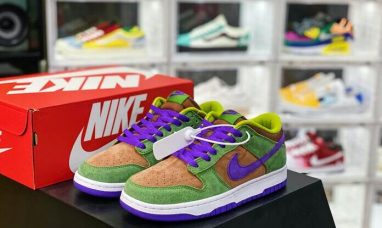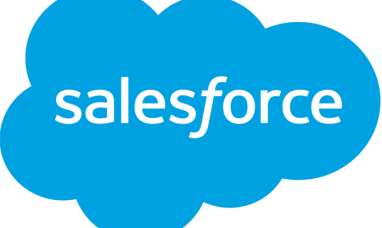McDonald’s (NYSE:MCD) has long been more than just a fast-food giant; it has also played a unique role in American presidential politics. From Bill Clinton’s frequent visits to Donald Trump’s fast-food feasts at the White House, the Golden Arches have been a symbol of Americana that politicians frequently engage with. But in the current political climate, McDonald’s political influence has taken on new significance as both Kamala Harris and Donald Trump leverage their connections to the brand to resonate with voters.
Harris and Trump’s McDonald’s Connections
Vice President Kamala Harris has made a point of highlighting her history with McDonald’s on the campaign trail. Harris has recounted her time working at a McDonald’s during a summer in college, performing tasks like making fries and serving ice cream. In recent speeches and campaign ads, she has used this experience to connect with working-class voters, emphasizing that many of her colleagues at the time were raising families on their McDonald’s paychecks.
On the other hand, former President Donald Trump has consistently showcased his fondness for McDonald’s as a part of his public persona. Whether serving Big Macs at the White House or making a stop at McDonald’s after visiting first responders in East Palestine, Ohio, Trump has positioned himself as a champion of the brand. Recently, Trump even questioned Harris’s claims of having worked at McDonald’s, further intertwining the fast-food chain with political discourse.
Impact on McDonald’s: Beyond the Campaign Trail
While the media spotlight on McDonald’s during the campaign season is bright, the real impact on the company may be less about political endorsements and more about the policies that follow. McDonald’s political influence is likely to be tested as the company navigates significant legislative and regulatory challenges in the near future.
One of the most pressing issues for McDonald’s is the potential increase in minimum wage laws. In California, Governor Gavin Newsom recently signed Assembly Bill No. 1228, raising the minimum wage for fast-food workers to $20 per hour. This move has sparked concerns among fast-food executives, who argue that such wage hikes could force businesses out of the state. McDonald’s has been actively involved in lobbying efforts against these wage increases, not just in California but also in other states like Oregon and Illinois, where similar bills are under consideration.
Harris’s advocacy for higher wages and her past criticism of McDonald’s could lead to further conflicts between the chain and policymakers. During her 2020 presidential run, Harris criticized the wages paid by McDonald’s, suggesting that the company was falling short in providing livable earnings for its employees. Although she hasn’t specifically targeted fast-food chains in her current campaign, her push for a higher federal minimum wage could have significant implications for McDonald’s and the broader fast-food industry.
The Broader Political Landscape for McDonald’s
McDonald’s is not only facing challenges at the state level but also on the national stage. The company has spent $1.4 million this year on federal lobbying efforts, focusing on issues related to labor practices and minimum wage increases. Proposals before the National Labor Relations Board and Congress could lead to more oversight of franchise labor practices and increase the ability of fast-food workers to unionize.
While the attention from Harris and Trump might not have a direct financial impact on McDonald’s, the policies that emerge from these political discussions will be crucial. According to Sean Dunlop, an analyst at Morningstar, the company’s real challenge lies in navigating these policy changes rather than the campaign trail attention.
Conclusion: Navigating Political Attention and Policy Challenges
As McDonald’s finds itself once again in the political spotlight, its role in the upcoming elections and beyond will be shaped by how it navigates the policy challenges ahead. The fast-food giant’s political influence will be tested as it balances maintaining its public image with addressing the legislative and regulatory issues that could impact its bottom line.
While the campaign trail buzz surrounding McDonald’s may seem like a mix of nostalgia and marketing, the real stakes lie in how the company responds to the evolving political landscape. Whether it’s defending against wage increases or managing its brand amidst political endorsements, McDonald’s must continue to adapt to remain a dominant force in both the fast-food industry and the broader economic environment.
Featured Image: Freepik









